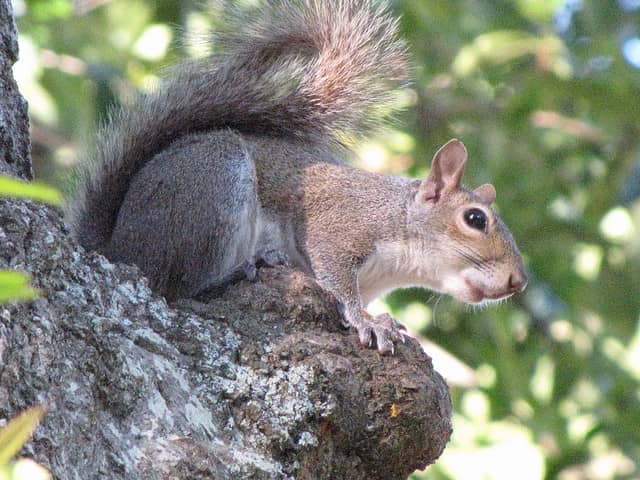Squirrel Population Boom has Scientists Considering Contraceptives in Seeds
OutdoorHub Reporters 10.26.12

An explosion in the squirrel population this summer and fall has farmers, universities and residents crying out for a solution.
Researchers at South Carolina’s Clemson University have identified various methods of keeping the population in check and have narrowed population control down to supplying squirrels with contraception-laced seeds.
Clemson University has a personal vendetta against the squirrels, which have been causing more than a million dollars in damage to campus trees for the past decade. Yearly, the squirrels’ habit of stripping bark and killing branches has forced the university to plant new trees, care for them and remove any that have been chewed through by squirrels.
Squirrels also devour farmers’ crops, residents’ gardens and in some cases, chew through building wires. The over-populated squirrel problem is especially heavy on the East Coast, the Northeast and Midwest. Just earlier this week, a squirrel was responsible for short-circuiting a power line at a middle school in Connecticut.
Researchers captured squirrels to test when their hormone levels were at their peak and tested seeds coated with a cholesterol-lowering drug called DiazaCon on them. In 2012, the university began feeding gray squirrels the DiazaCon-laced black sunflower seeds from 16 feeders which only squirrels can access. The seeds also contain a non-toxic dye that stains the animals’ bellies pink, making them easy to identify to researchers for future data collection. So far, Clemson University is the only place to use these pills, while scientists in other parts of the United States consider similar methods.
In Illinois, squirrel hunting season is in full-swing for Chicago Now writer Dan Stefanich. He believes squirrel hunting is a great introduction to hunting for children. “They have the opportunity to learn all the fundamentals— safety, patience, stealth, and shot placement. If kids can master these core skillsets during low-pressure squirrel hunts, chances are they will be more successful when it comes to big game hunting.”
Perhaps someone should suggest this option to the Clemson University researchers?

